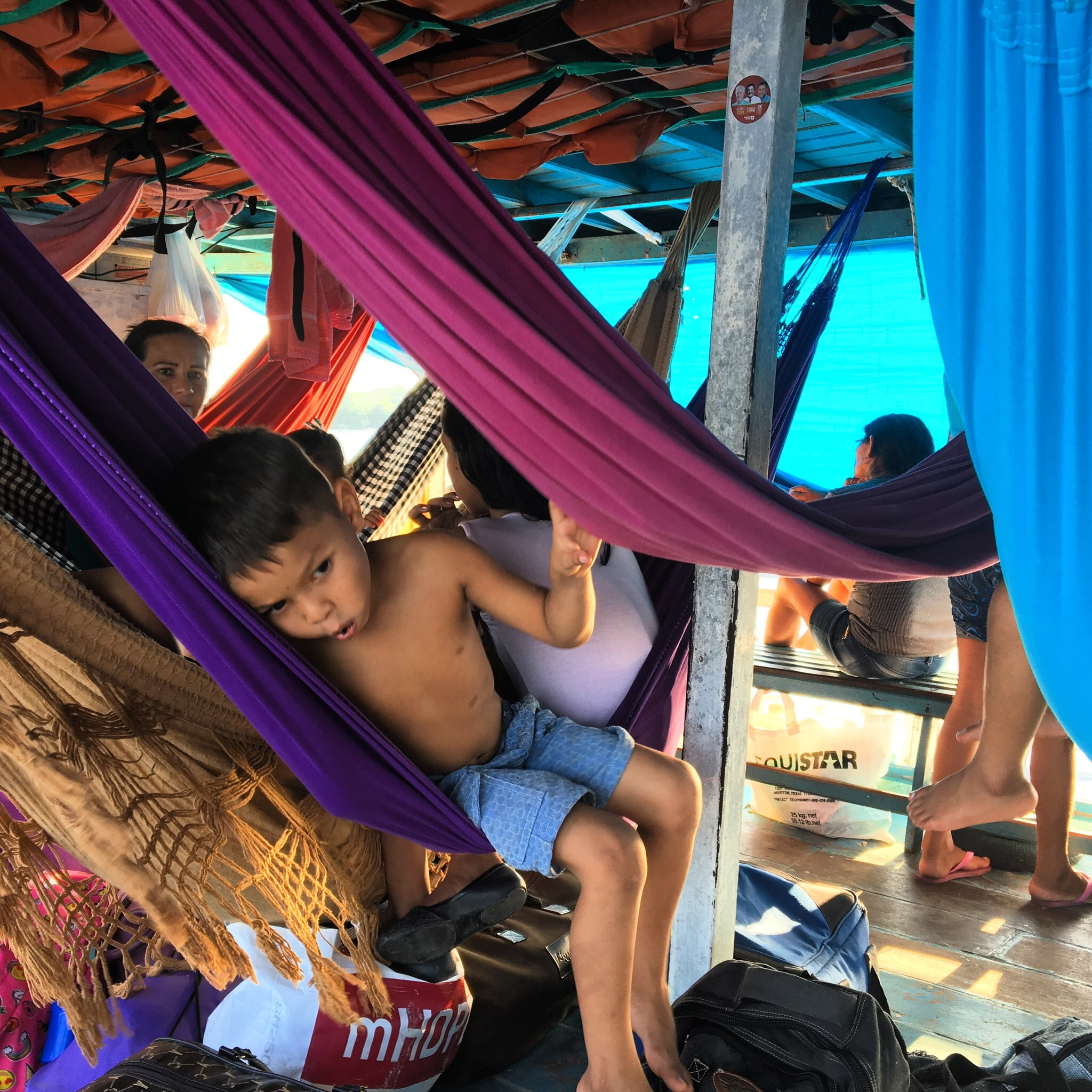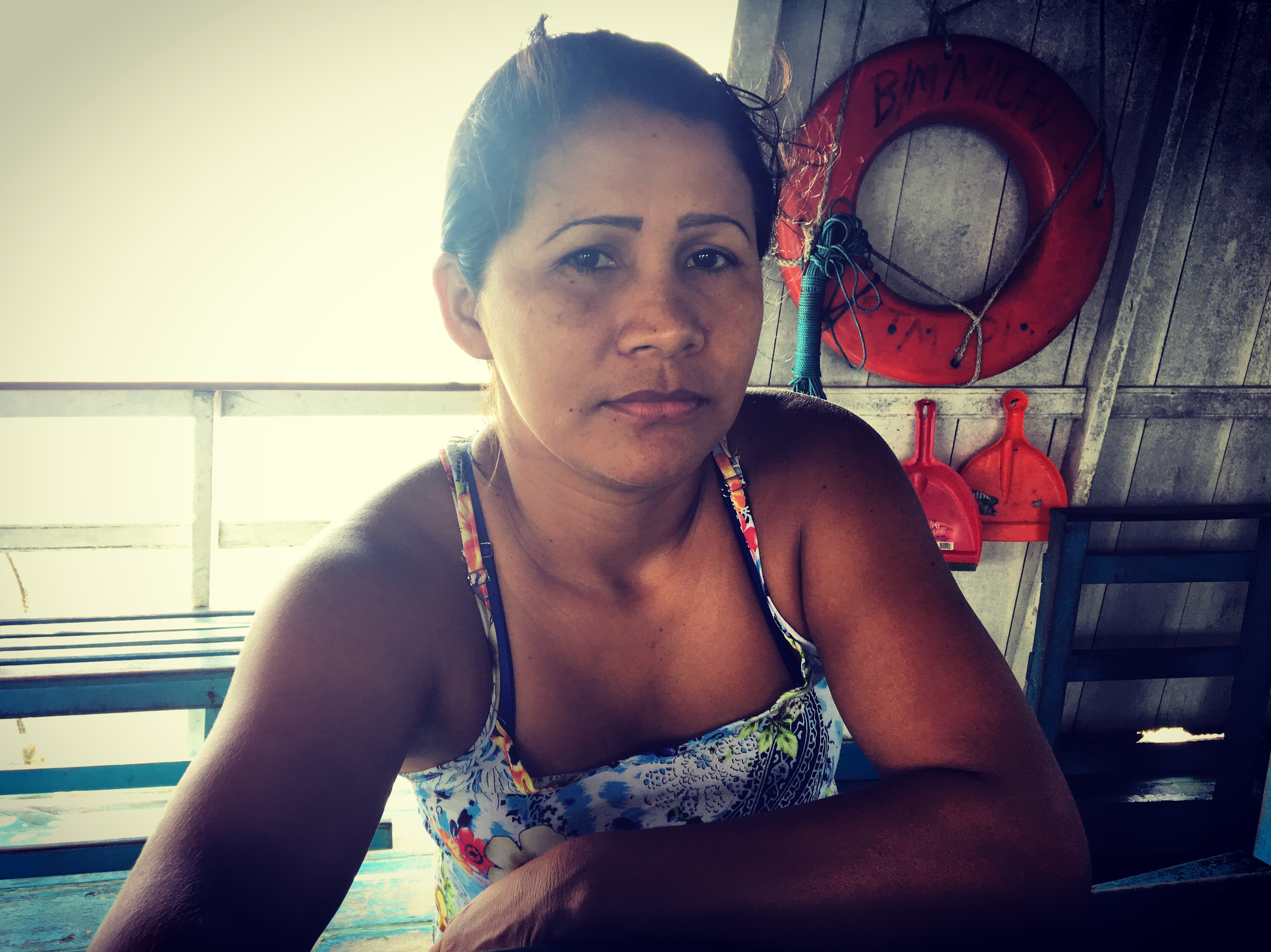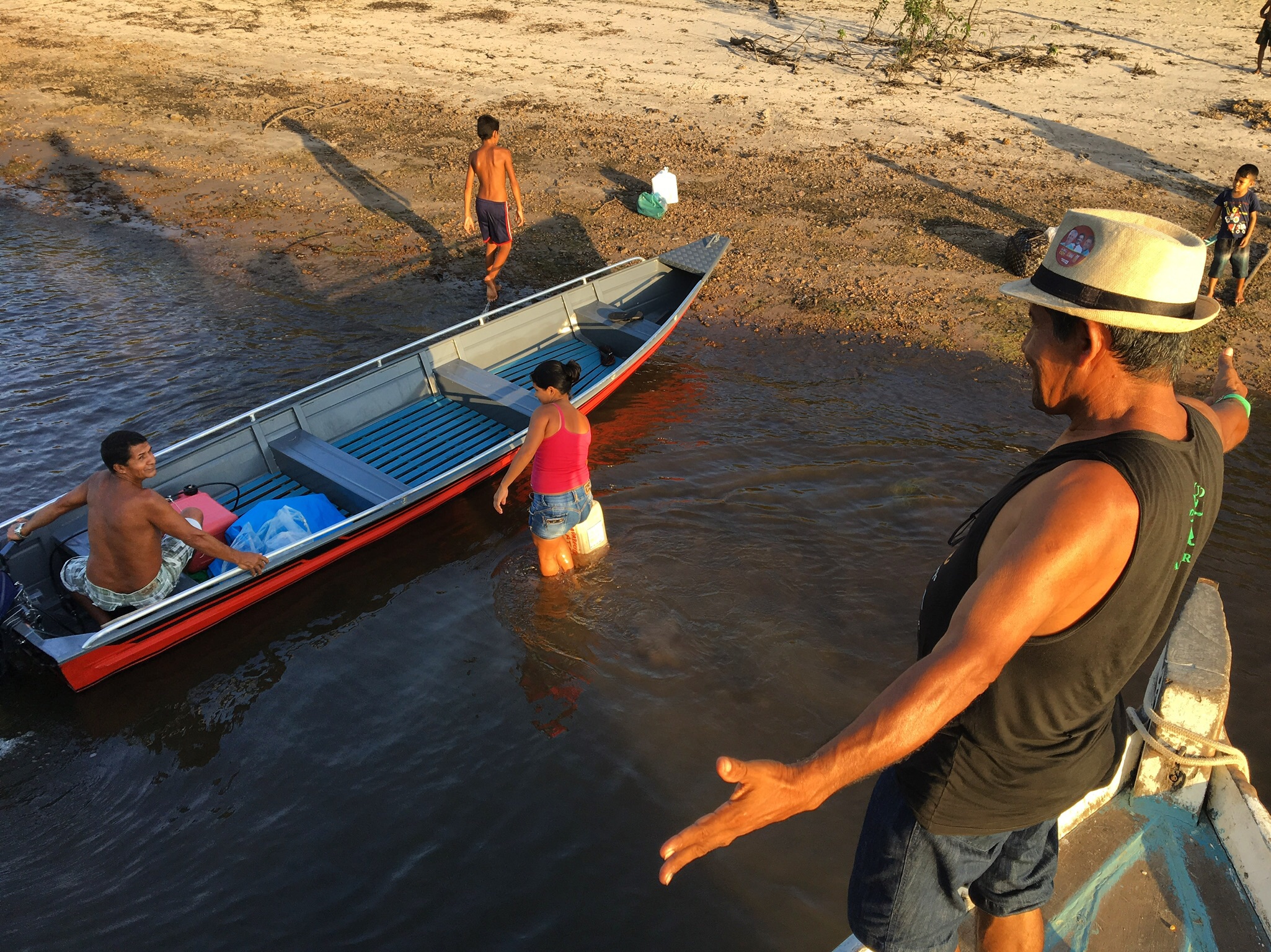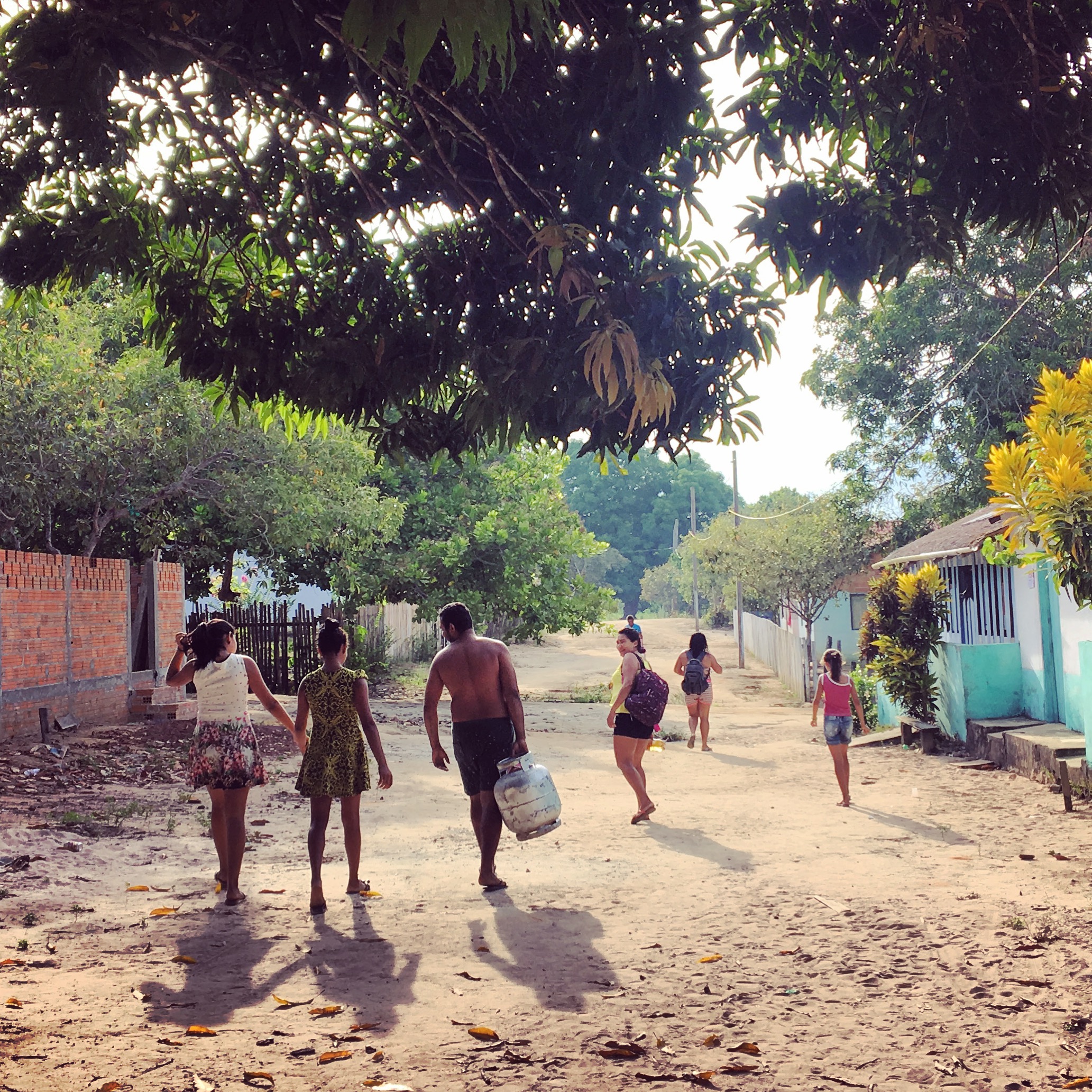At the end of October, Brazil experienced one of the most momentous political shifts in the country’s history, as far-right candidate Jair Bolsonaro won the presidential election. While much of the media coverage has focused on the impact the election was having in major cities like Rio de Janeiro and São Paulo, freelance correspondent Shannon Sims took a more unusual route for Pacific Standard—one that led her into the heart of the Amazon.


(Photo: Shannon Sims)
Voting in Brazil is mandatory. If you don’t vote, and haven’t obtained prior permission to skip the election, you face a cascade of problems: You get flagged across government systems, and paying taxes or even buying a microwave becomes complicated. But voting also doesn’t seem like such an inconvenience when everyone is doing it.

(Photo: Shannon Sims)
Election day is always Sunday, and so if you’re not standing in line to vote on that day, you’re out of the loop. As in the U.S., Brazilians are registered in their local municipalities, and so they must return to those locations on election day—even if it takes them 18 hours round-trip to do so.

(Photo: Shannon Sims)
Time ticks by slowly on the boat, but the passengers seem altogether unruffled by the commute.

(Photo: Shannon Sims)
“I think Bolsonaro will end the welfare program, and I think he won’t let us live in the settlement anymore,” one passenger said. “I think he would end up being the worst president in the history of Brazil.”

(Photo: Shannon Sims)

(Photo: Shannon Sims)




